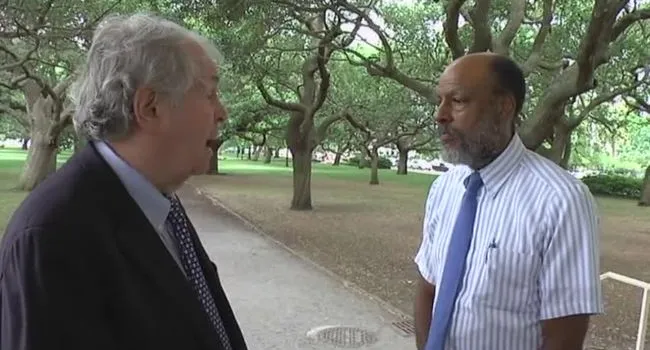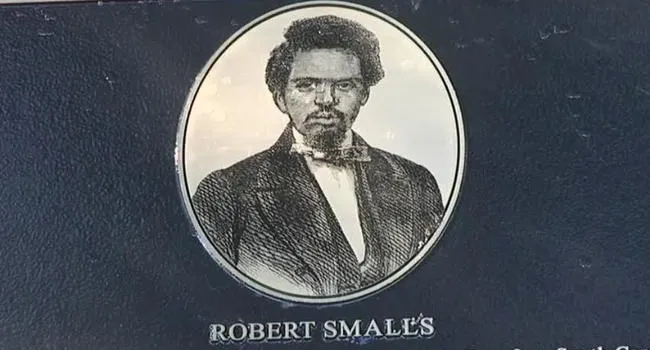In this episode, host Alex Sanders, takes a look at a South Carolina Civil War hero, Robert Smalls.
Smalls was born as an enslaved person in 1839 in Beaufort, South Carolina. In 1851, Smalls was hired out by his owner as a laborer in Charleston. During those years, he held various jobs eventually leading to his job as a pilot aboard the Planter. He later made a bold escape under the noses of the confederates making national headlines in the North. Smalls was invited to the White House by Abraham Lincoln.
Robert Smalls enjoyed popularity in the predominantly black lowcountry of South Carolina and soon he became a political influence in Beaufort and South Carolina. He was elected to the House of Representatives during Reconstruction. By 1895, only a few black legislators remained in South Carolina. It was during that year that Senator "Pitchfork" Ben Tillman pushed through a plan to eradicated blacks from the political process and ensure the return of white supremacy.
Standards
- 4.5.CC Identify and evaluate the impact of economic, political, and social events on the African American experience throughout Reconstruction.
- 4.5.E Analyze multiple perspectives of the economic, political, and social effects of Reconstruction on different populations in the South and in other regions of the U.S.
- 8.4.CX Evaluate South Carolinians’ struggle to create an understanding of their post-Civil War position within the state, the country, and the world.
- This indicator was developed to encourage inquiry into how the former planter class, African Americans, women, and others adjusted to, gained, lost, and/or regained position and status during Reconstruction. This indicator was also written to foster inquiry into how South Carolina worked with a stronger federal government and expanding international markets.
- USHC.3.CE Assess the causes and effects of significant turning points in the Populist and Progressive era from 1877–1924.
Resources
You need to be logged in to listen to view this content. Create an account now; it's quick, easy, and free!
Log In to View


